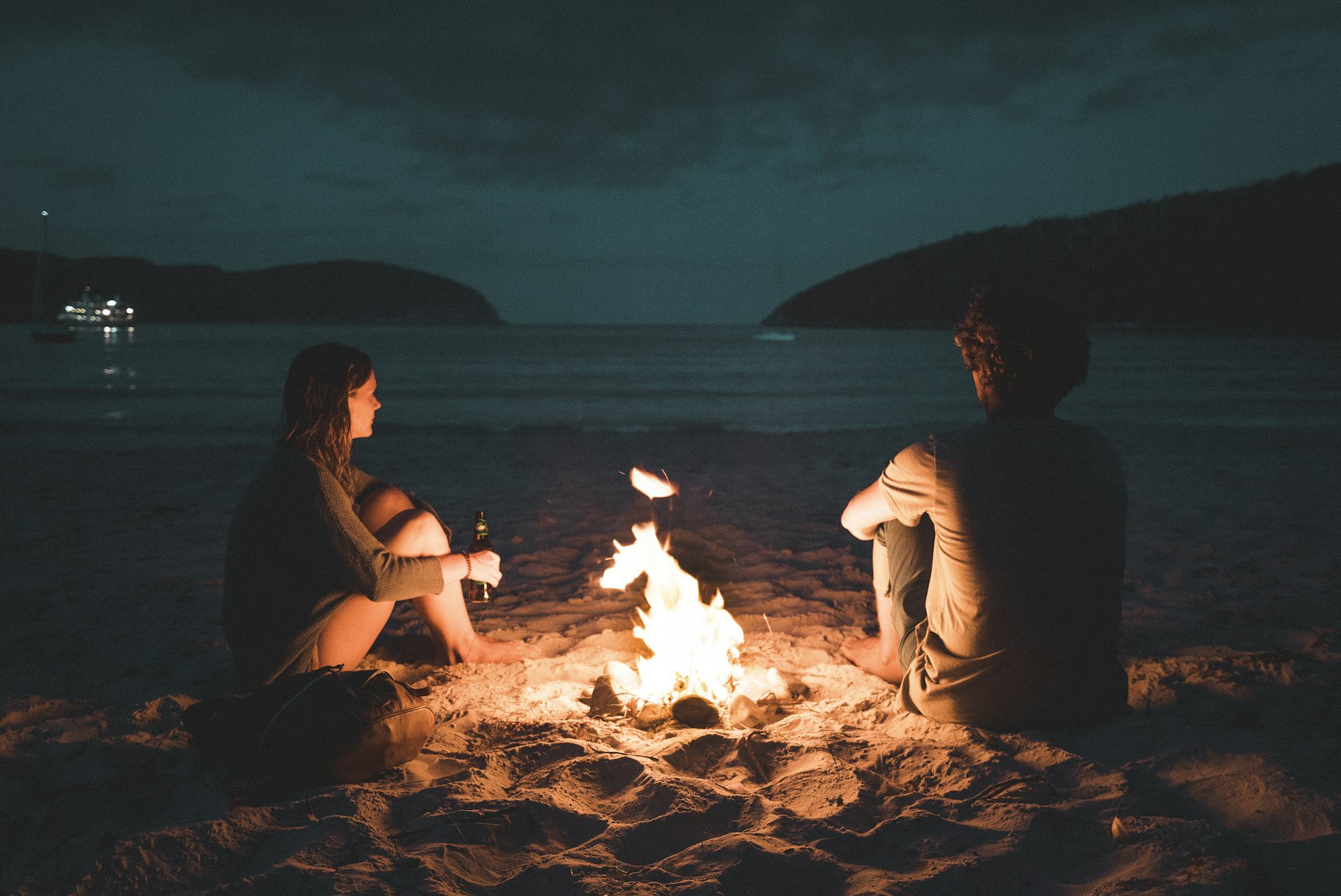Sumba, Faroe Islands

Museums
If you're in Sumba, Faroe Islands and interested in visiting museums, a great place to visit would be the National Museum of the Faroe Islands in Tórshavn. It's around a 2-hour drive from Sumba.
If you're looking for more museums to visit, the Nordic House in Tórshavn is also worth checking out. It showcases Faroese and Nordic art and culture. The Listasavn Føroya - Art Museum of the Faroes is another museum in Tórshavn that features Faroese and international contemporary art.
Food
Being an AI language model, I don't have personal experiences or opinions. However, some typical Faroese dishes that you may find in Sumba and are popular among locals include:
1. Grind og spik - Pilot whale meat and blubber.
2. Ræst kjøt - Fermented mutton.
3. Skerpikjøt - Wind-dried mutton.
4. Fiskisúpa - Fish soup made with various types of fish.
5. Heimablídni - A traditional Faroese meal consisting of boiled potatoes, carrots, turnips, and the main course (usually lamb or fish).
6. Kleinur - A type of fried doughnut, often eaten as a dessert or snack.
Please note that some of these dishes may be an acquired taste and not suitable for all preferences.
Activities
Sumba is a small village in the Faroe Islands, but there are still plenty of activities that locals enjoy. Here are a few fun things to do in Sumba and the surrounding areas:
1. Hiking - The Faroe Islands have some of the most beautiful hiking trails in the world, and Sumba is no exception. There are several stunning trails in the area, including the hike to Risin og Kellingin (The Giant and the Witch).
2. Fishing - Fishing is a way of life for many Faroese people, and there are plenty of opportunities for fishing in and around Sumba. You can go on a guided fishing trip or rent equipment and fish on your own.
3. Birdwatching - The Faroe Islands are home to many different species of birds, including puffins, guillemots, and razorbills. Sumba is located close to the bird cliffs at Beinisvørð, where you can see thousands of seabirds nesting.
4. Visit local farms - The Faroe Islands are known for their sheep farming, and there are many small farms in the area. Some farmers offer tours of their farms, where you can learn about traditional Faroese farming practices and taste local food.
5. Attend a local festival - The Faroe Islands have several cultural festivals throughout the year, including the G! Festival in July and the Summarfestivalurin in August. These festivals feature music, food, and other cultural events, and are popular among locals and visitors alike.
